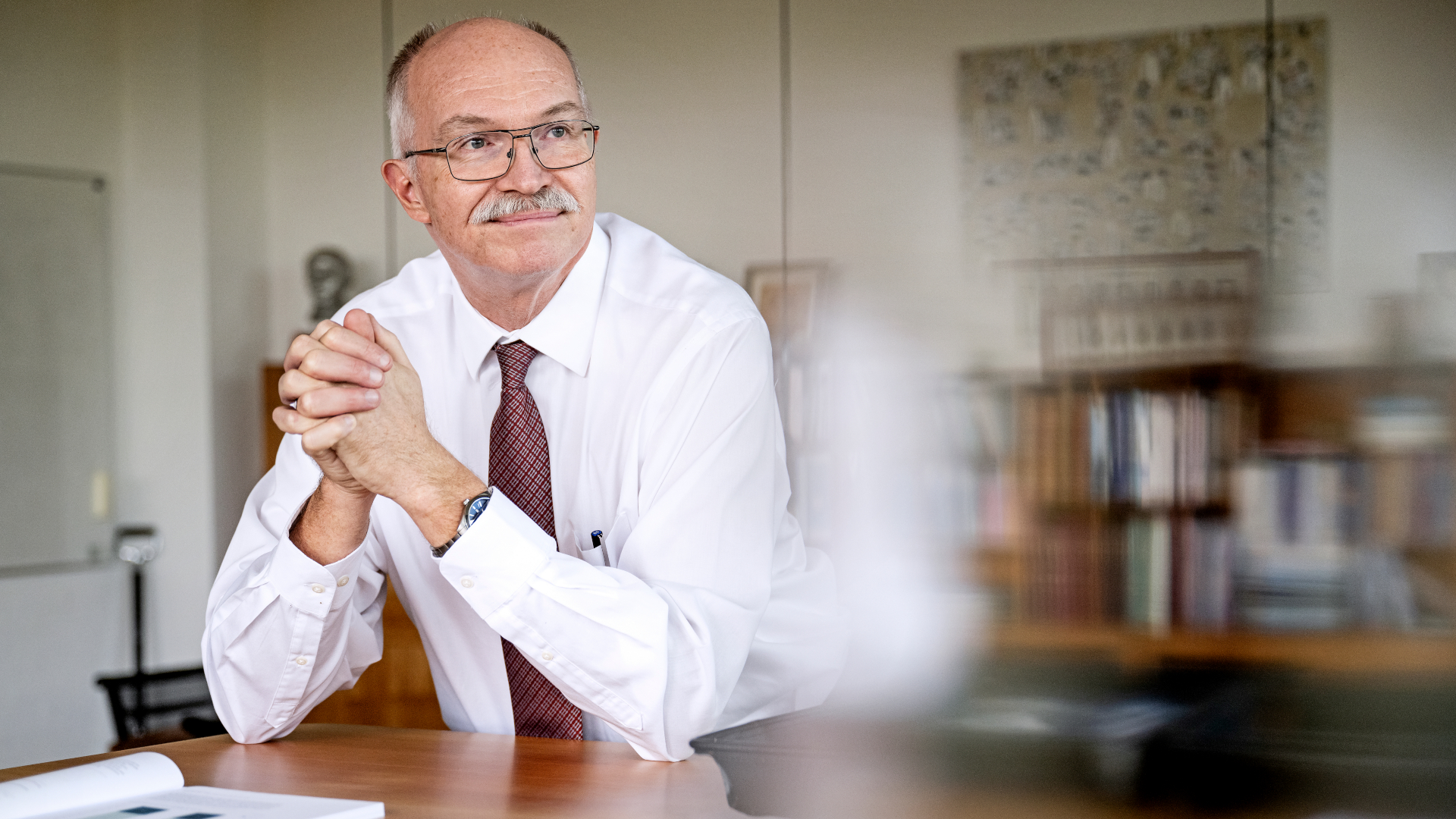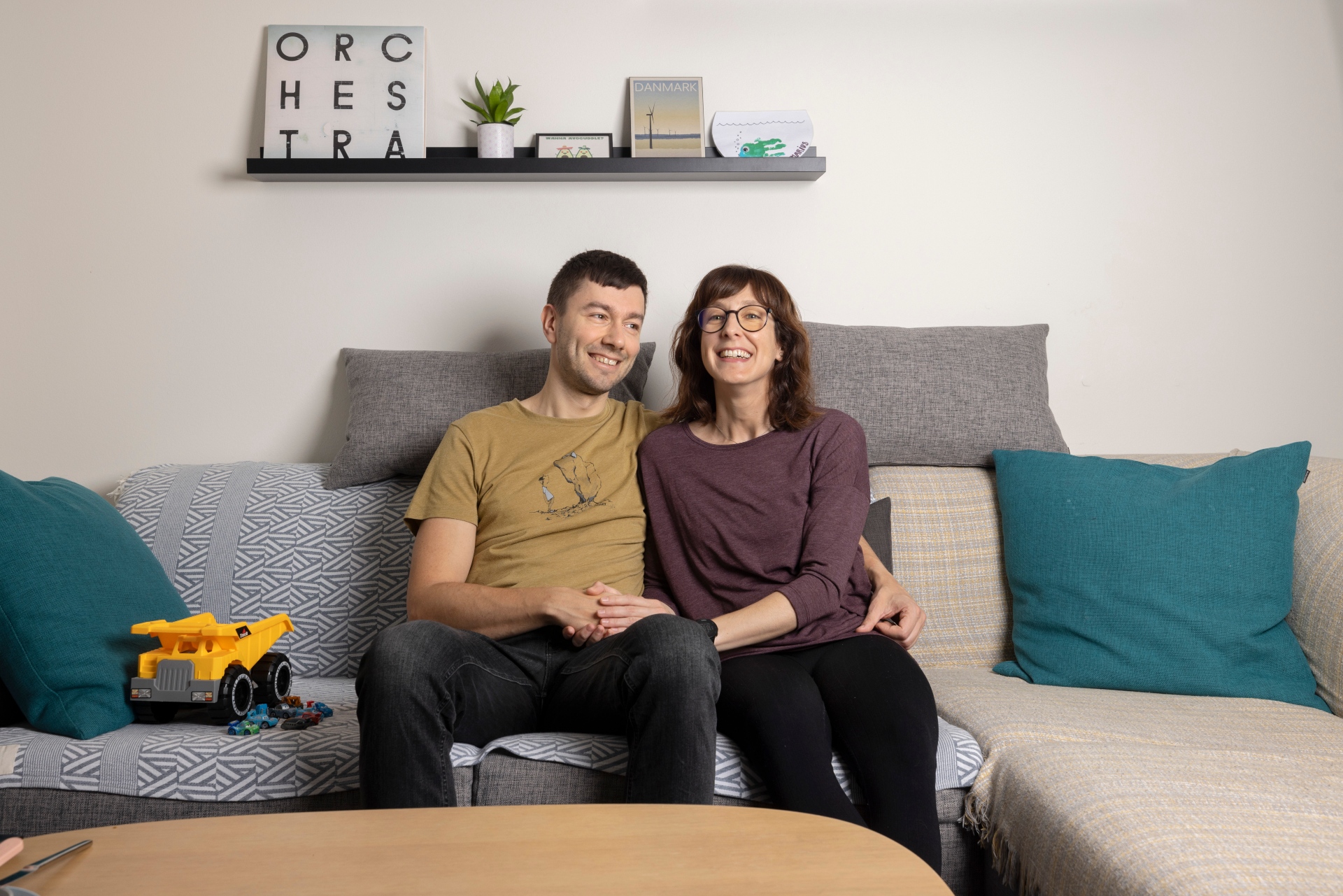DTU
International students stay in Denmark earning the country millions
Enrolling international students at DTU is good business. A new report shows that many stay in the country for years and use their engineering degrees.

Met in the dorms
One of the international students who has stayed in Denmark is Mireia Marrè Badalló. However, when she moved from Barcelona to Lyngby in 2008 to study engineering, the plan wasn’t to stay. She told her parents that she’d be away for two years, maybe a little longer.
When Tomaš Cydik moved from Lithuania around the same time to build on his BSc in telecommunications, it was a similar story. The future was open, but initially it was about getting a good education from a university, DTU, that he’d heard good things about from an acquaintance who had just graduated from there.
Although Mireia and Tomaš have very different backgrounds and studied towards very different degrees, it didn’t take long before their paths crossed, says Mireia:
“We met in the dorms. In fact, it was already during the intro week, where there were various events for the international master’s students".
Today, some 14 years later, Mireia and Tomaš live together in Denmark with their three-year-old son and both work as engineers. Mireia is a project manager for the wind turbine manufacturer Siemens Gamesa, and Tomaš is the lead test engineer for audio software manufacturer EPOS.

But it isn’t just the love story from Campus Lyngby that keeps the couple in Denmark.
Tomaš was offered a job in the telecommunications industry already during his studies, and Mireia joined Siemens shortly after earning her master’s degree.
They both mention the good Danish working conditions as key to why they decided to stay in Denmark.
“One of the big reasons is a work-life balance that you don’t find anywhere in Spain where I’m from. That’s particularly important now that we have a child. I don’t think I’d be able to find the parental leave benefits we have had anywhere else, or the general flexibility that came in the wake of corona,” says Mireia.
Tomaš also appreciates the flexibility offered by Danish employers. It’s based on a trust between employers and employees that he hasn’t encountered before:
“In my first full-time job at Nokia, I was amazed at the trust that was put in me as a new employee from day one. And that makes you develop much faster, I think. It gives you the courage to make some mistakes, which allows you to progress and learn faster,” he says.

Damvad’s report shows that Mireia and Tomaš’ experiences of finding work in Denmark are far from unique. In fact, about 90 per cent of the international graduates from DTU who stay in Denmark are in full time jobs at any one point in time from one year until 12 years after graduating, the report shows.
Mireia Marrè Badalló has also found that a degree from DTU is in high demand in the job market:
“We have a number of international friends who also went to DTU, and the general opinion is that graduates from DTU have no problems finding a job. Our friends have really good jobs that they enjoy, and have climbed the career ladder well. I can’t actually think of anyone who’s been unemployed for more than a couple of months if their company or division closed down,” she says.
The high rate of employment is a key part of why foreign students are such good business for Danish society.
Of the DKK 3.2 million that the average international DTU graduate contributes to society over 13 years, 1.6 million is made up of taxes, according to Damvad’s report. In the same period, the state spends around DKK 300,000 on the graduate, mainly on education and health services. The figures are an average for all DTU’s international graduates, including those who leave Denmark after a few years.
The state thus ends up with a net profit of DKK 1.3 million for every international master’s student who graduates from DTU. In addition, each graduate contributes an average of DKK 1.6 million to the private sector in the form of income after tax, the report shows.
A similar analysis carried out by the Danish Society of Engineers (IDA) shows that the international graduates from all of Denmark’s universities contributed DKK 26.7 billion to the economy between 2007 and 2020.